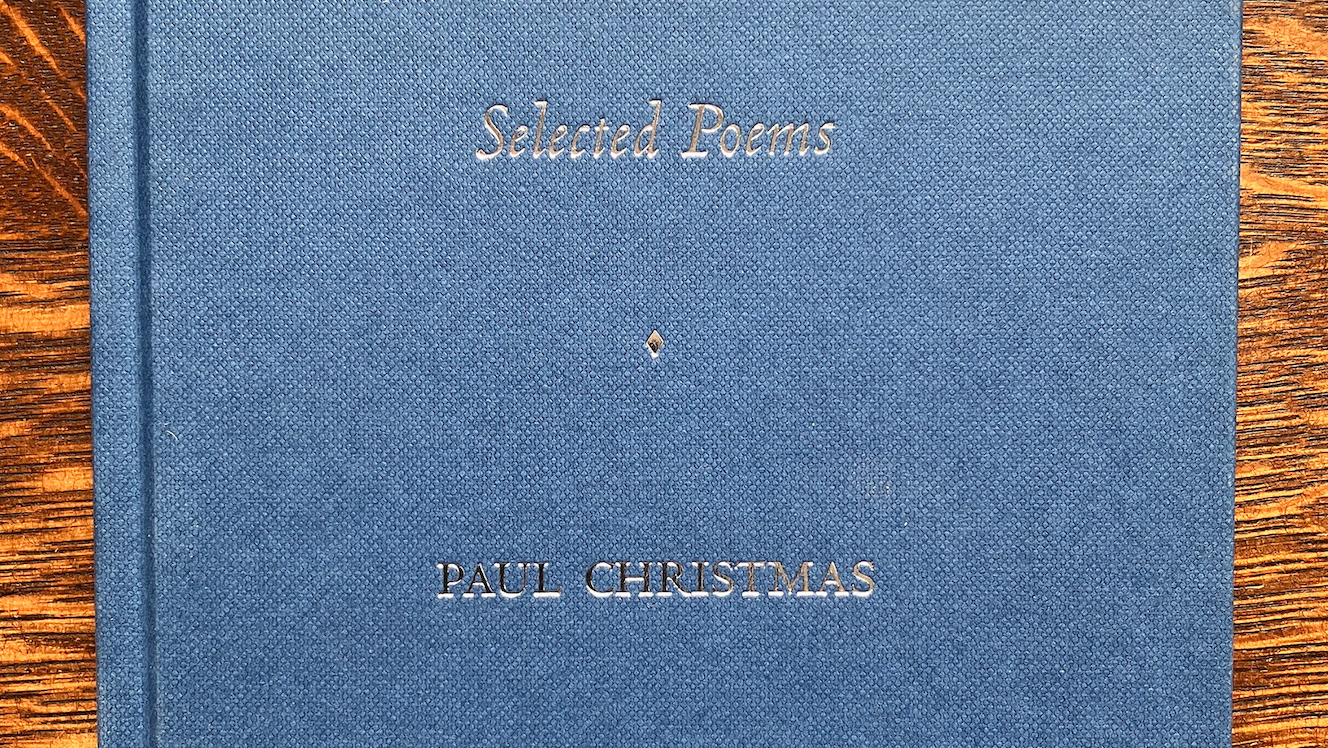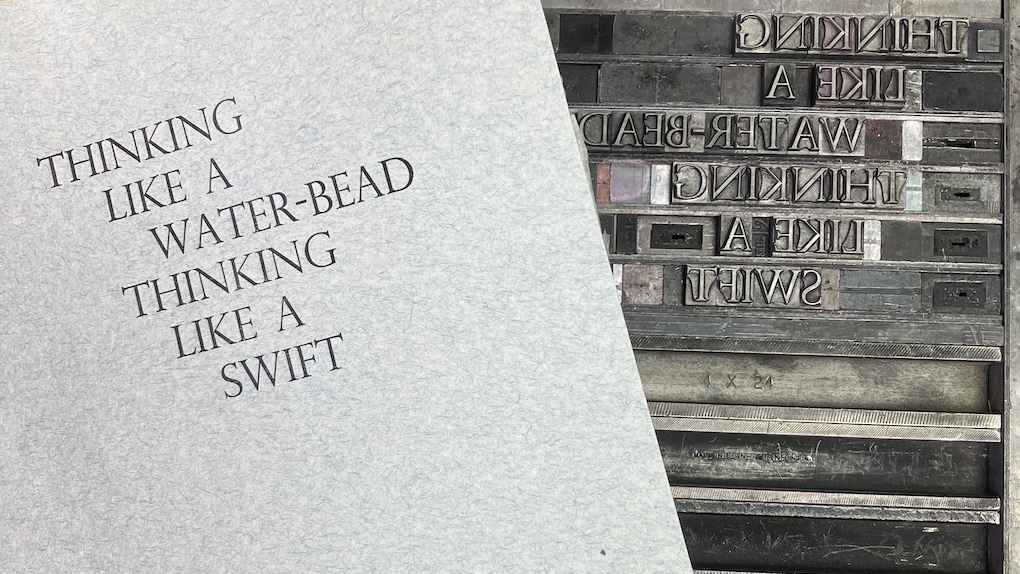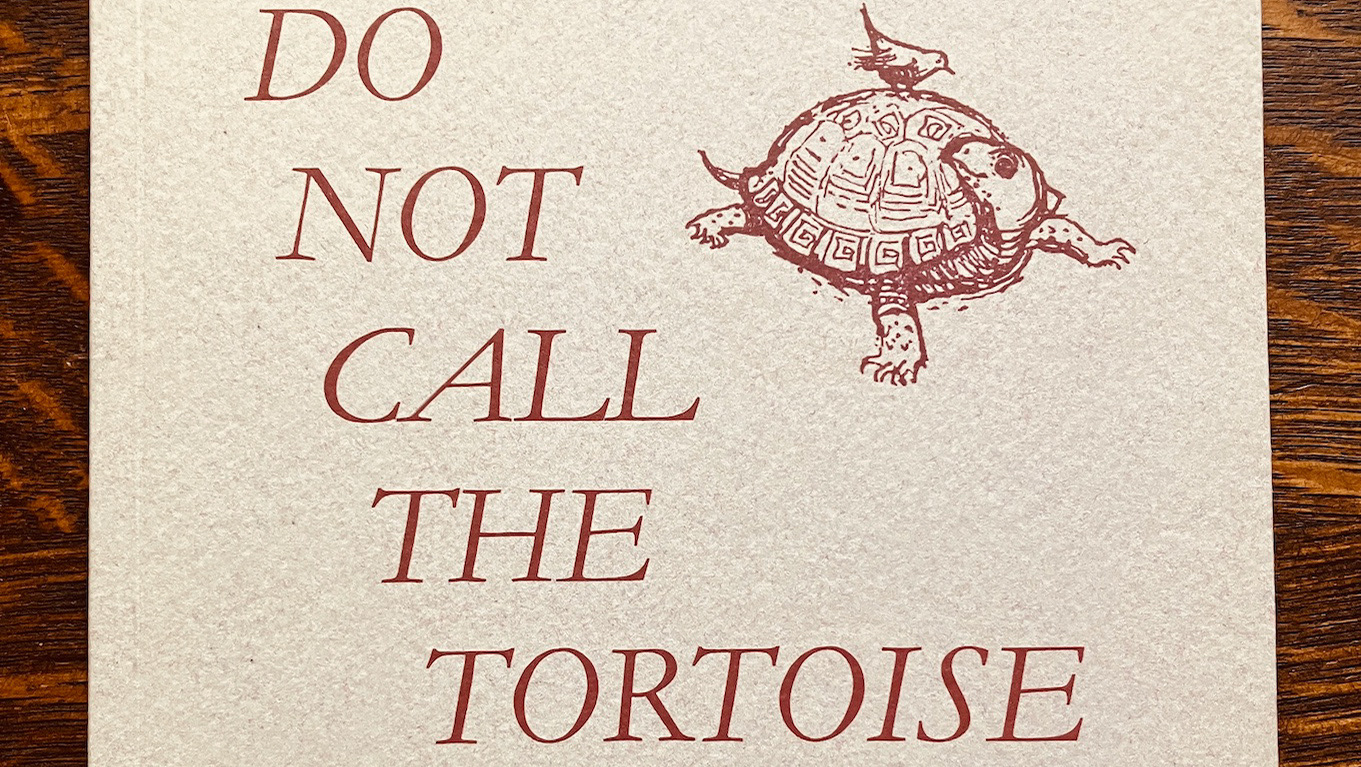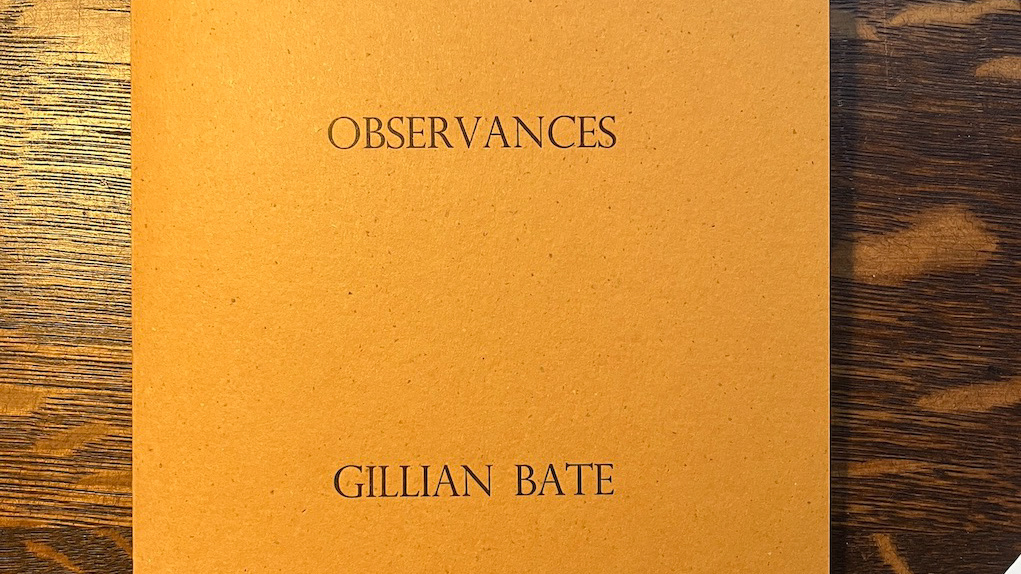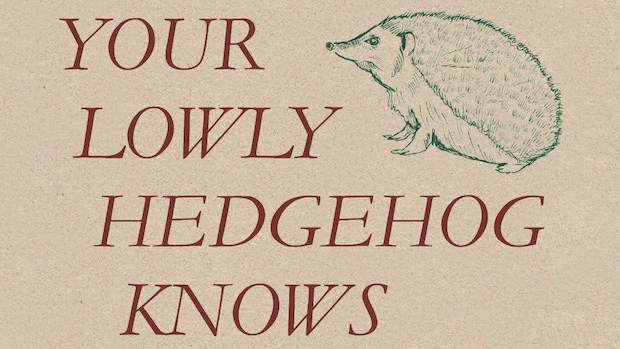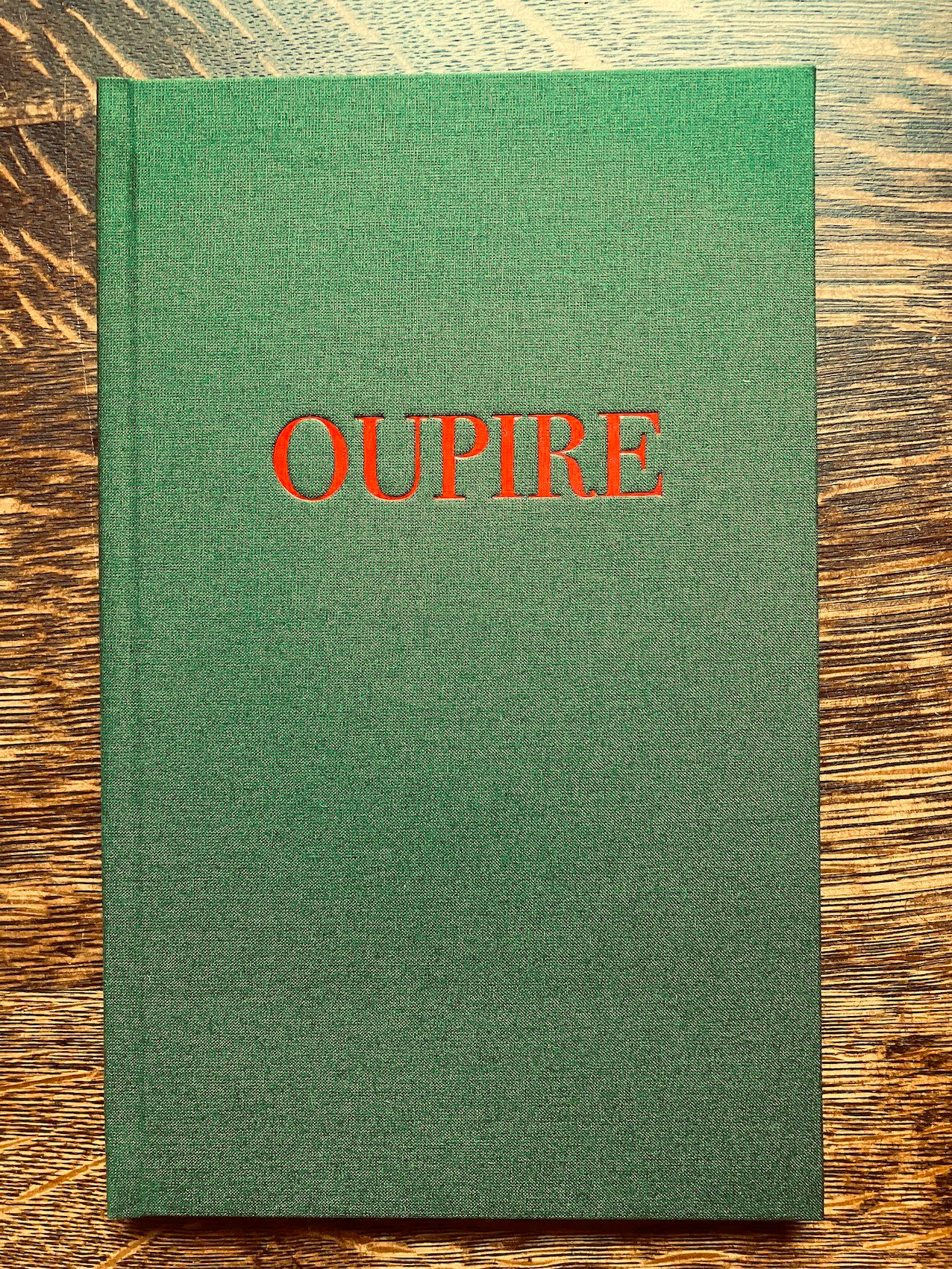
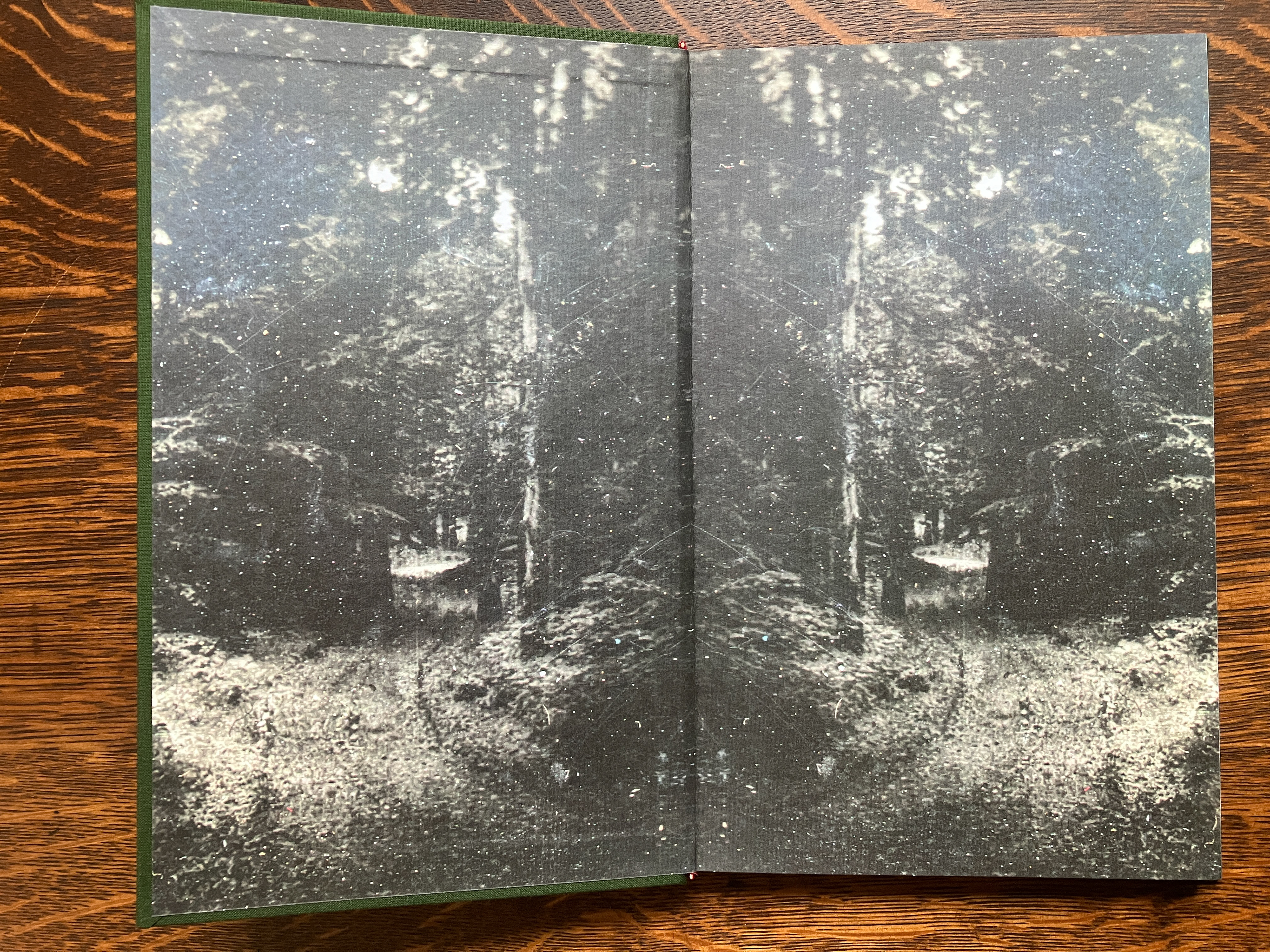
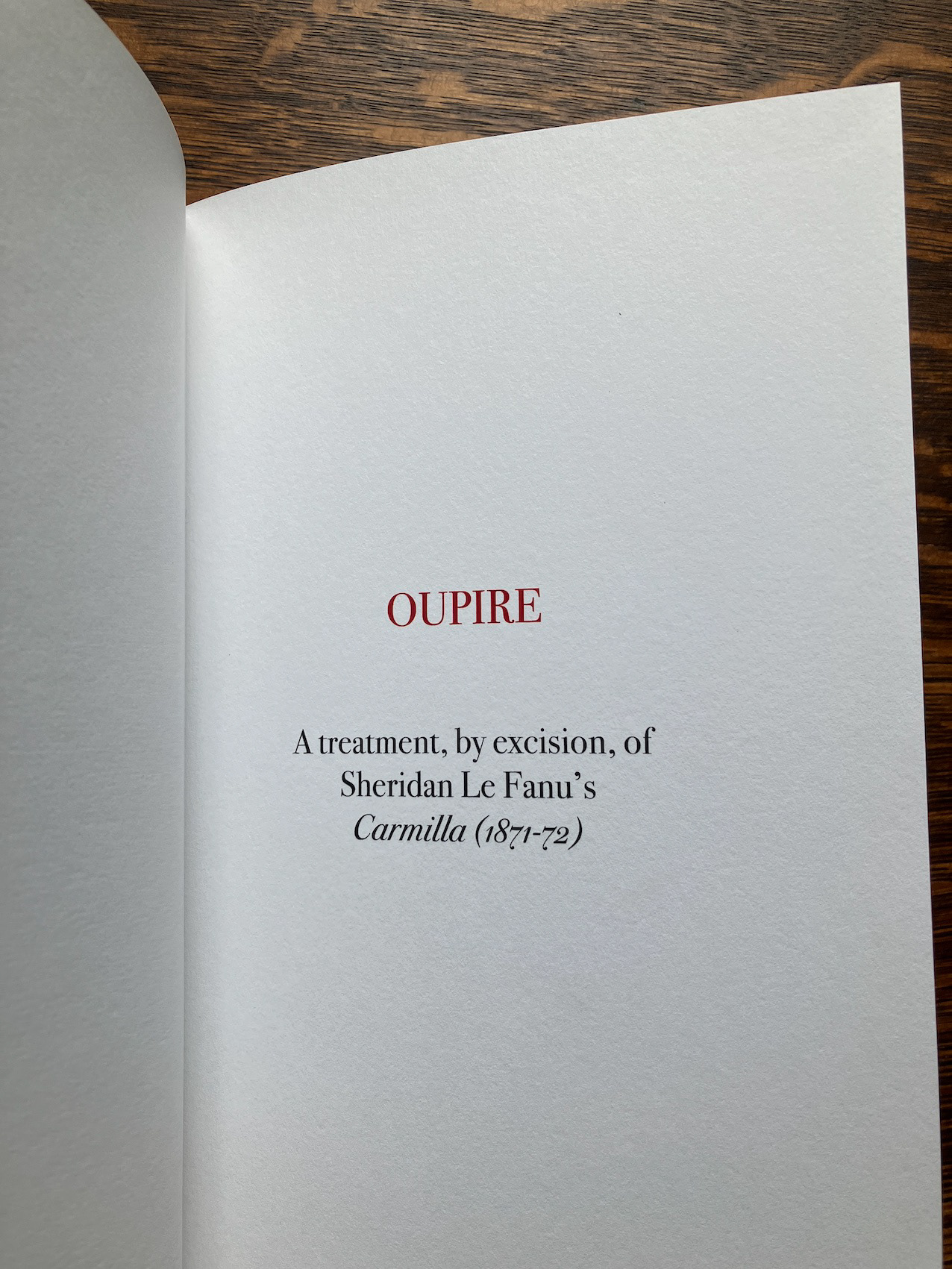
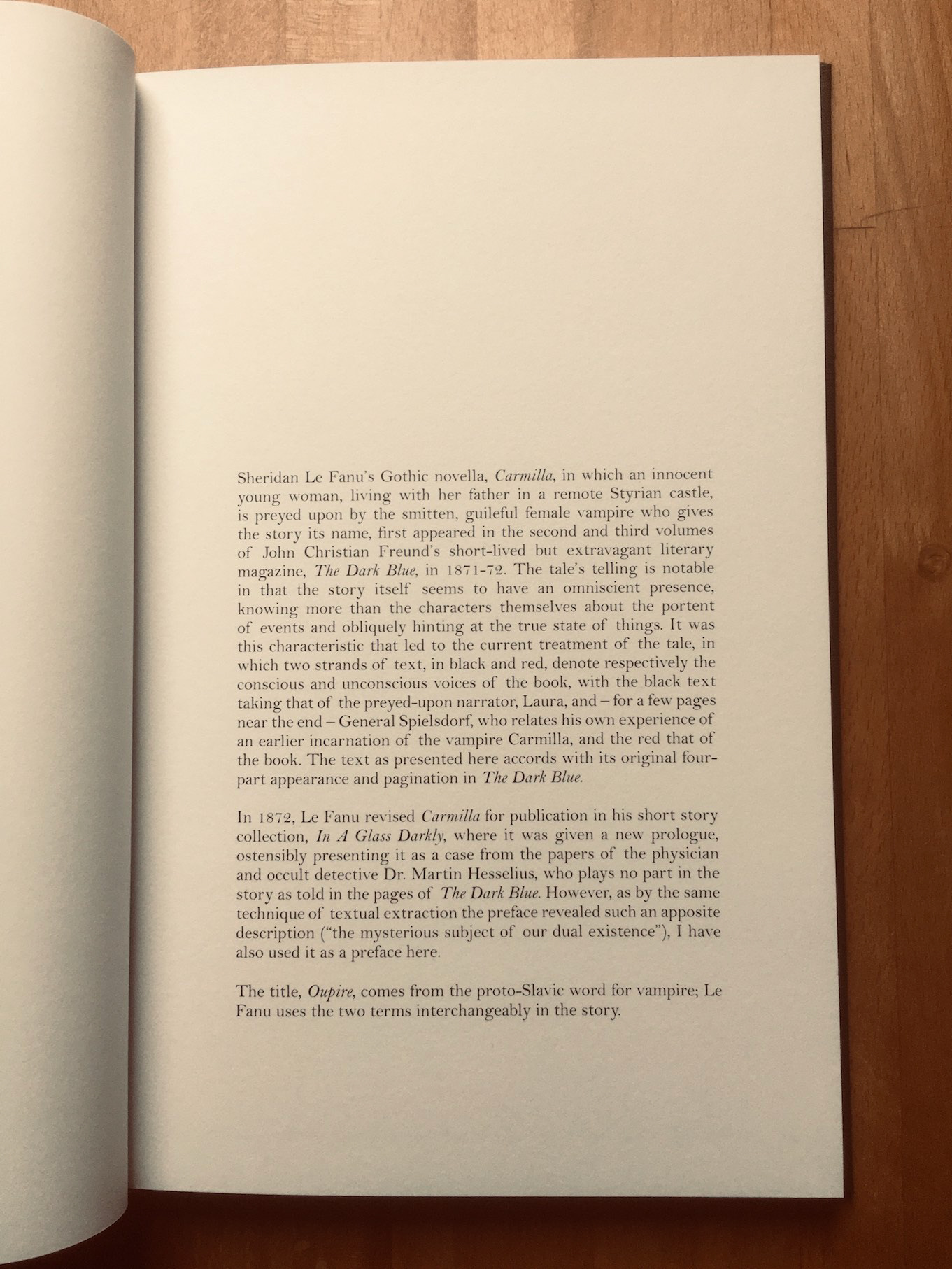
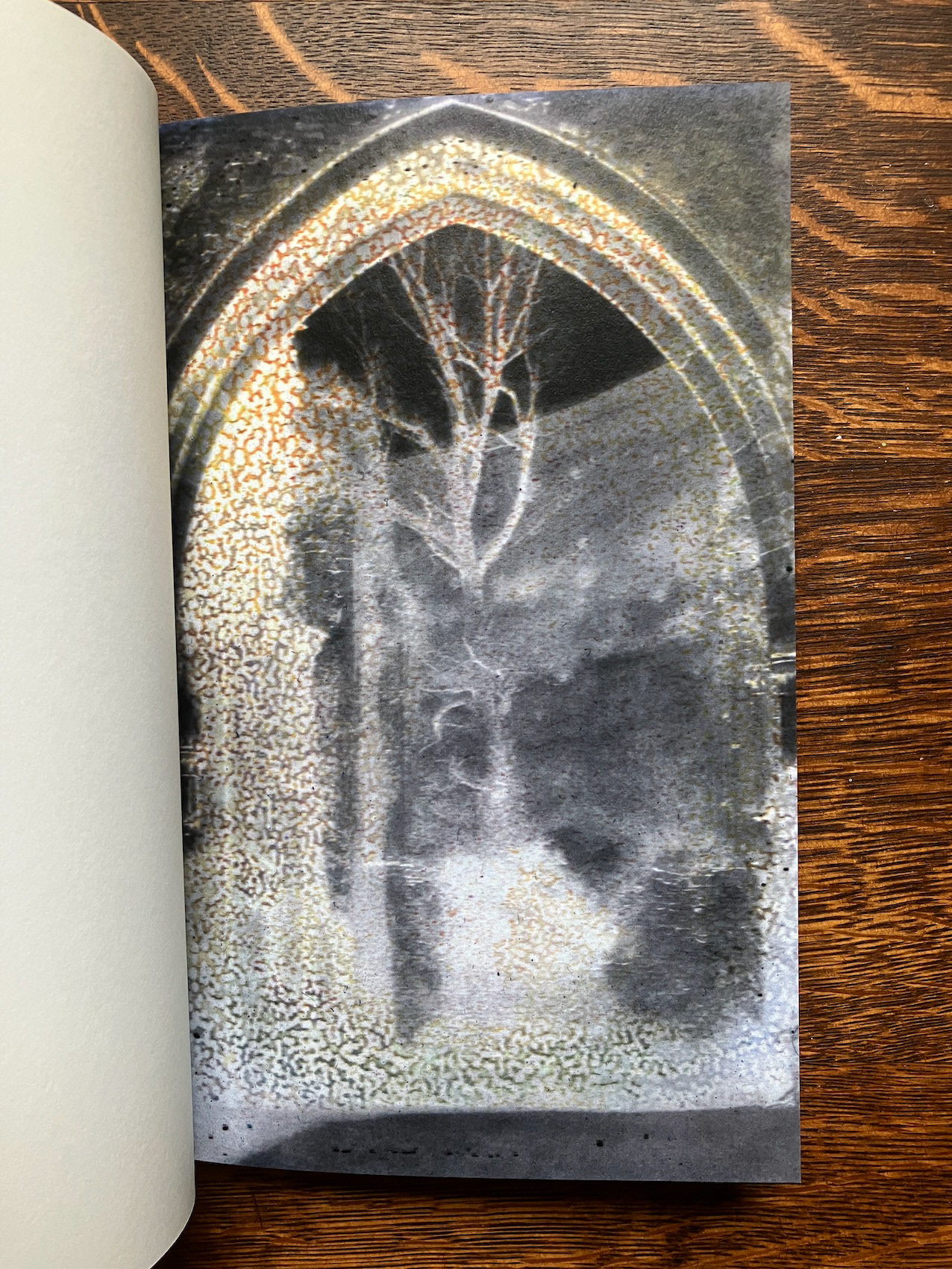
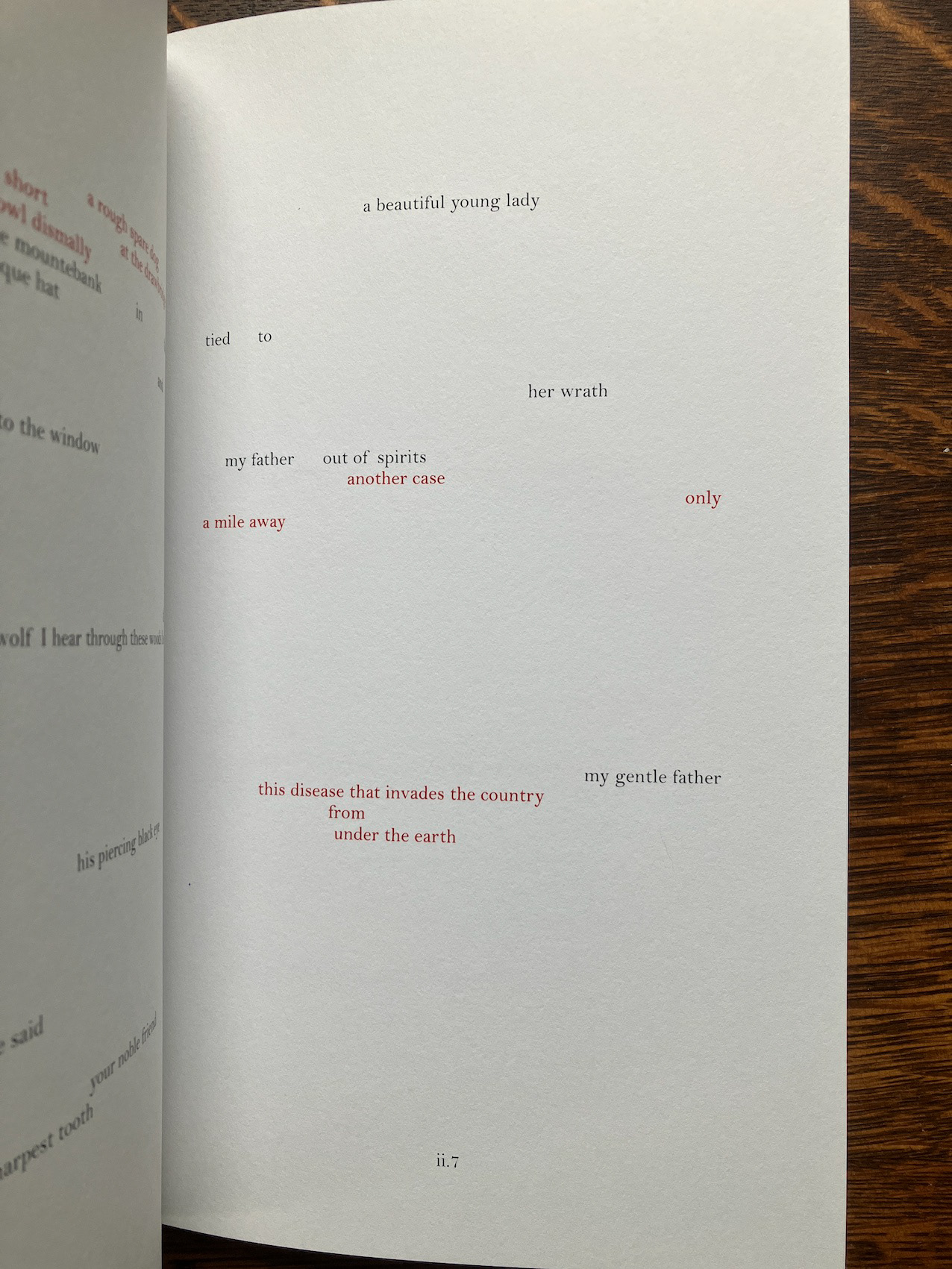
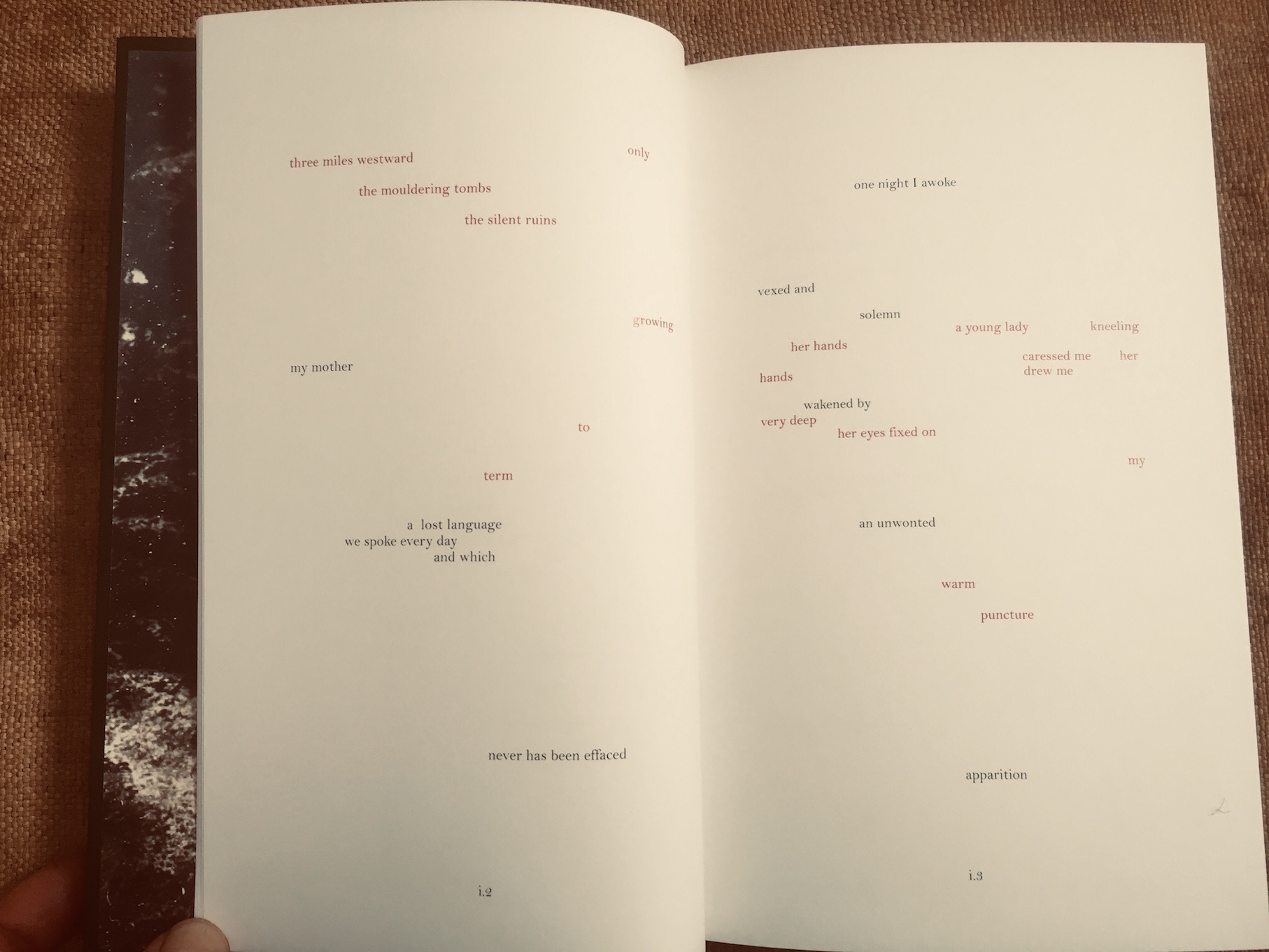
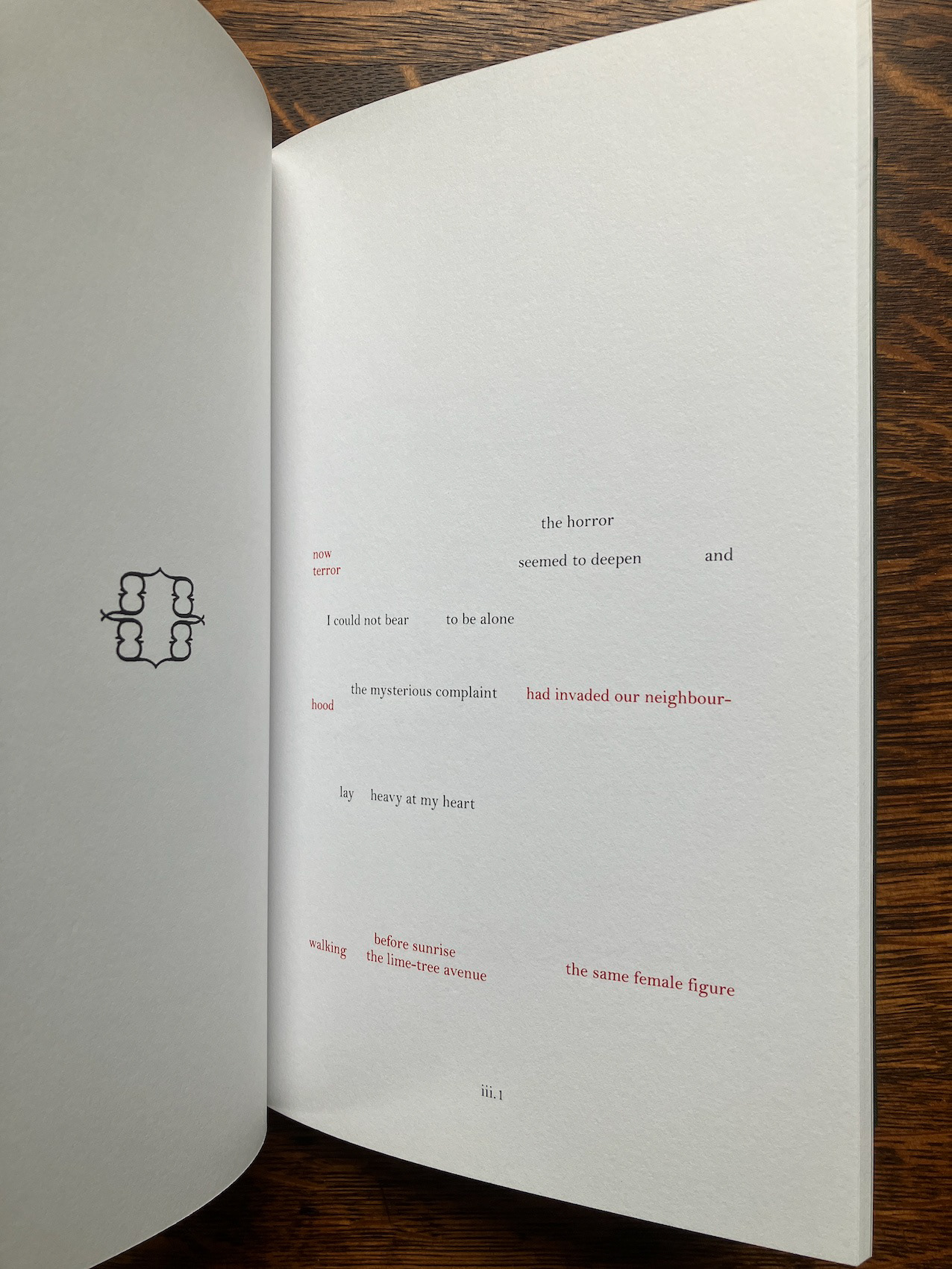
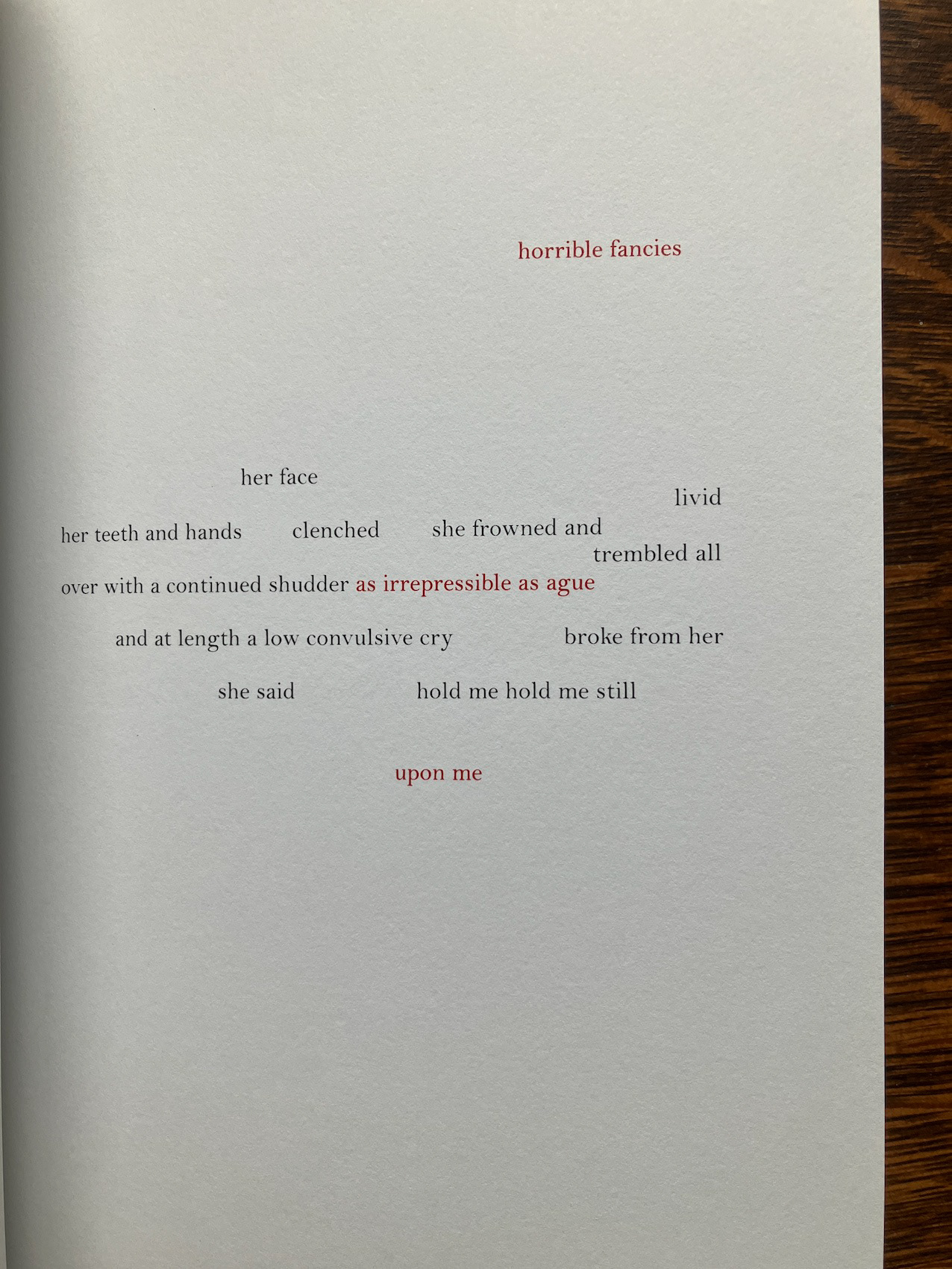
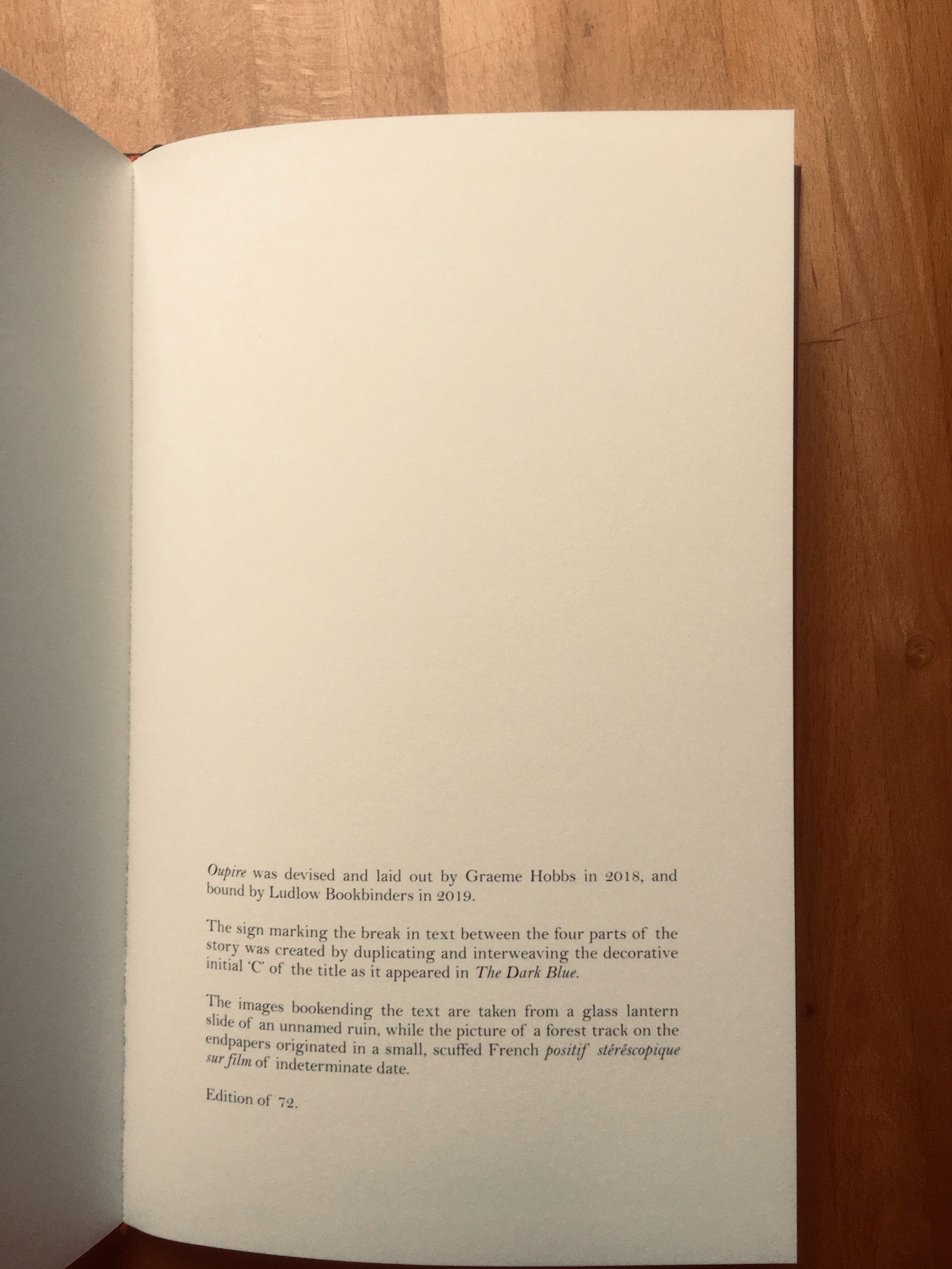
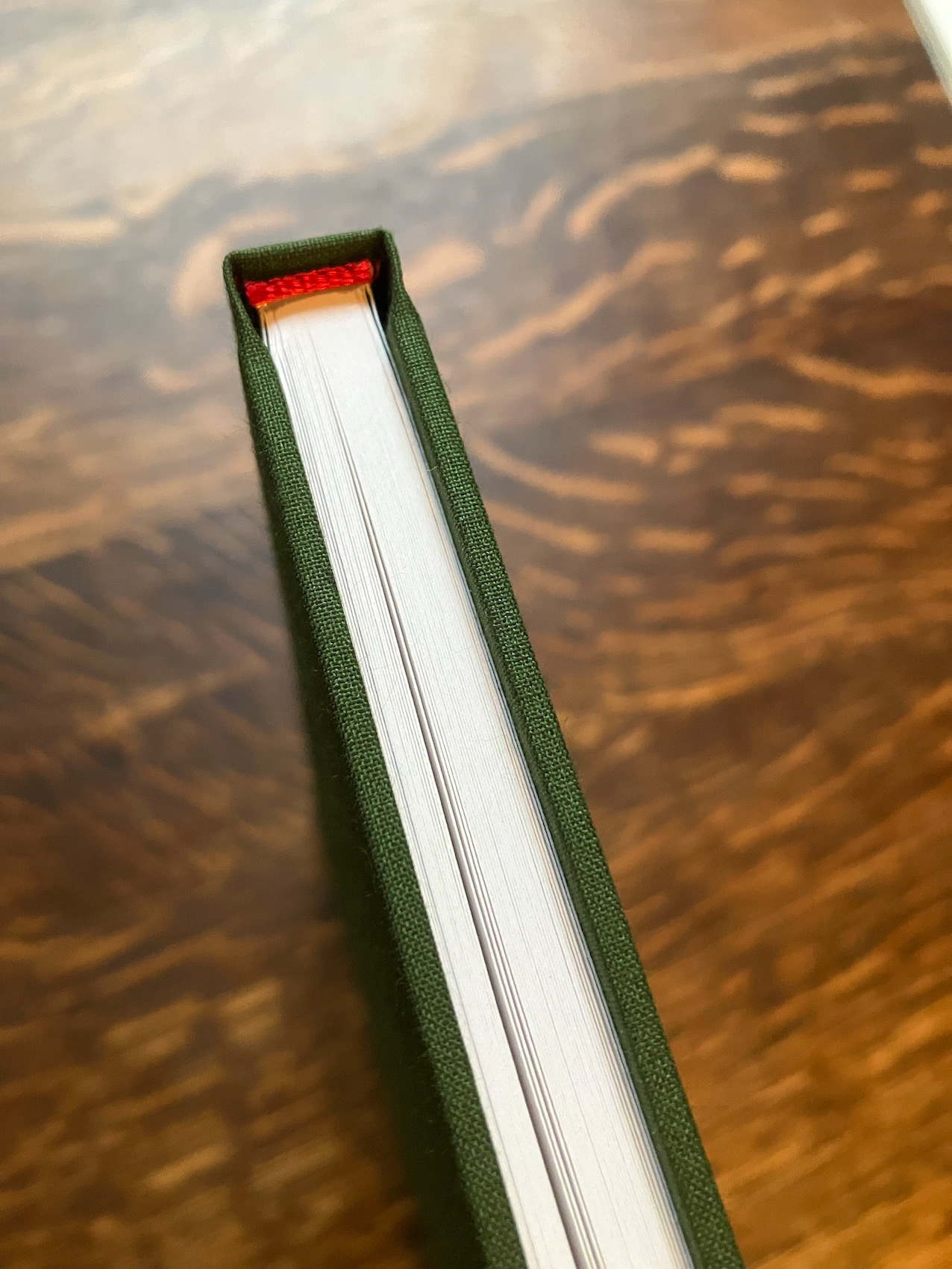
Oupire: A treatment, by excision, of Sheridan Le Fanu's Carmilla (1871-72)
Sheridan Le Fanu’s Gothic novella Carmilla, finds an innocent young woman, living with her father in a remote Styrian castle, preyed upon by the smitten, guileful female vampire who gives the story its name. The tale's telling is remarkable in that the story itself seems to have an omniscient presence, knowing more than the characters themselves about their deeper motivations and the portent of certain events. It was this characteristic that led to my treatment of the tale, in which two strands of text, in black and red, denote the twin narratives of the book that merge and twine throughout its pages. The black text takes that of the preyed-upon narrator, Laura, and – for a few pages near the end – General Spielsdorf, who relates his own experience of an earlier incarnation of the vampire Carmilla, and the red that of the book. The text layout accords with its original four-part appearance and pagination in the literary magazine The Dark Blue, in which the story was first published between 1871-72 and on which this new treatment is based.
In 1872, Le Fanu revised Carmilla for publication in his short story collection, In A Glass Darkly, where it was given a new prologue, ostensibly presenting it as a case from the papers of the physician and occult detective Dr. Martin Hesselius, who plays no part in the story as told in the pages of The Dark Blue. However, as by the same technique of textual extraction the preface revealed such an apposite description (“the mysterious subject of our dual existence”), I have also used it as a preface here.
The title, Oupire, comes from the proto-Slavic word for vampire; Le Fanu uses the two terms interchangeably in the story.
The images bookending the text are taken from a glass lantern slide of an unnamed ruin, while the picture of a forest track on the endpapers originated in a small, scuffed positif stéréoscopique sur film of indeterminate date.
Cloth-bound edition of 72 copies, printed on 150gsm Munken Lynx paper, plus a limited number of letterpress prints of page i.6., hand set and printed on Zerkall 145gsm paper.
Copies of Oupire are available at £30 each, including UK postage. Please email me at ghobbs360@gmail.com if you are interested.
